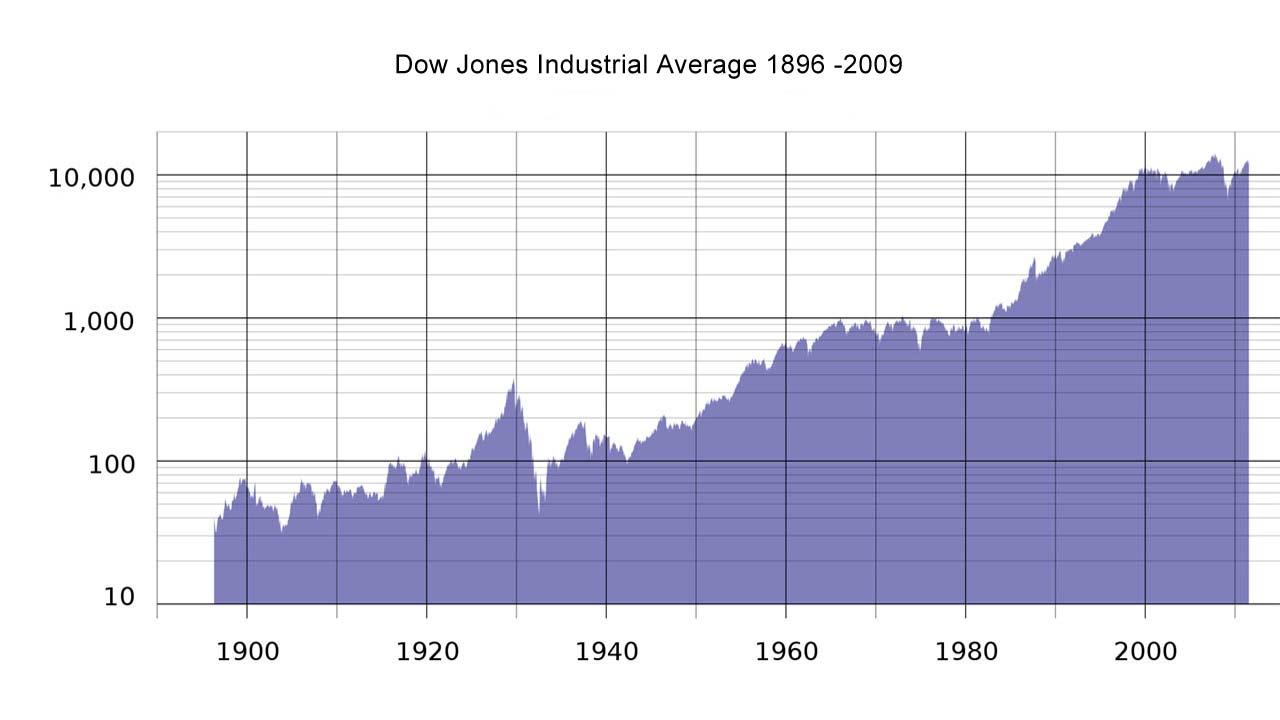Have you noticed that your money is making much less money than it used to?
I’ve been watching this get more and more serious over the last decade or so. Even if you have no direct experience of that – though I do hope that you all have some savings and investments – you couldn’t have missed the mainstream media headlines. Inevitably these are dressed in drama, fear and exaggeration though there is a kernel of truth in them. See for yourselves:
‘Devastating’ blow for prudent Brits as almost 300 accounts have interest rates slashed
Interest rate massacre: scores of savings accounts and cash ISAs hammered
Low interest rates are a fact. Still any reader of Enemy of Debt who falls into financial gloom because of these headlines hasn’t been reading carefully; and needs to work on their personal finance management and investing education.
The way I see it, low interest rates are a problem only when people rely on savings and savings never in history made anyone wealthy – savings make people feel secure.
Making your money work for you, or savvy investing, is what could (please notice the conditional) make you wealthy.
To paraphrase Jay Z, ‘investing has 99 problems but low interest rate ain’t one’.
The single biggest problem for investing currently is financial volatility.
Wondering what I mean?
Have a look at the graph below. Ignore the 1940s – this was exceptional time of war and recovery. Focus on the new millennia – or the data starting in 2000.

What do you see?
I see large gains and large losses; and overall returns that are largely not worth it.
I see the last breath of the ‘compound interest’ miracle glorification in personal finance circles.
What can we do?
Cliché as this may sound, we ought to embrace volatility and learn to make our money work for us either despite it or because of it.
Making your money work for you despite the volatility would mean bypassing the stock market altogether or investing in it in a specialised way.
The latter would involve moving away from ‘low entry level’ index funds and investment baskets (ITFs etc.) and identifying great companies that are for one or other reason undervalued. Identifying such companies needs either building up personal competence very quickly or, as I did, selecting companies from a preselection – I’ve build an interesting stocks and shares portfolio using the Rule Breakers programme of the Motley Fool.
Bypassing the stock market altogether means investing in business directly. You can get the basics about how to choose businesses to invest from this account of my experience and experimentation.
Making your money work for you using the volatility is a different ball game entirely. This mainly means getting involved in some form of ‘contract for difference’ and Forex trading. One characteristic of this form of investing is that it is largely speculative but done properly it can return well.
Some level of speculation, that increases risk and unpredictability, is an inevitable part of contemporary investing. This can be managed however by educating yourself and following several very strict rules. Hence, were you to consider this, you can find some basic Forex trading lessons here.
Were you to decide to go even further back to the basics of Forex trading you may find these here.
As to the ‘absolute rules’ of Forex trading, these are:
Rule #1: Learn your stuff. Forex trading is not ‘low entry’ and it needs you to learn how to do it properly. There are many companies who offer training – in our experience some are outstanding and some are after a quick buck. Be careful when you choose and ignore all pitches that dangle unimaginable riches in front of you – Forex training is not a ‘get rich quick’ scheme.
Rule #2: Trade only with money you can afford to use. You see, we all suffer from ‘loss aversion’ and some more than others. This aside, don’t trade with money you need for your survival or you cannot replace with relative ease from other income streams.
Rule #3: Never ever trade currencies that are very exposed to politics. Remember the story of the Swiss franc? This is what I’m talking about.
Rule #4: Don’t risk too much of your money. This is about using only a very small proportion of the money in your FX account.
Finally…
We live in a world of volatility: economic, political and financial. In this world, you need to use ways to make your money work for you that are different from what we knew before.
Two ways to do that are: a) to invest in small businesses directly thus bypassing volatility of markets altogether; and b) investing in financial instruments that use volatility to make money like contract for difference and Forex trading.